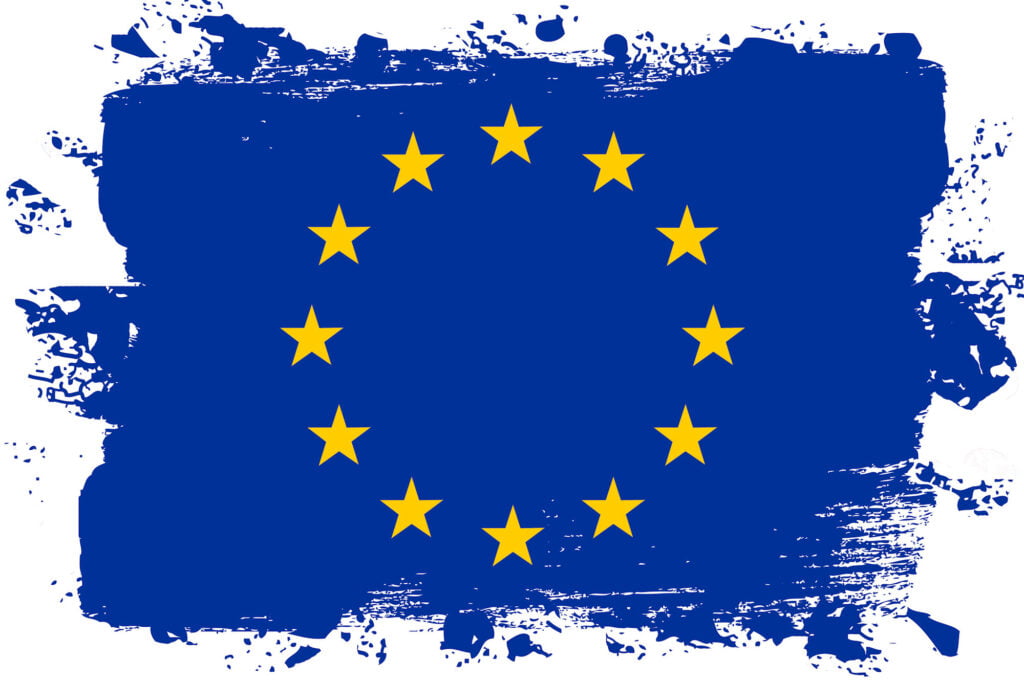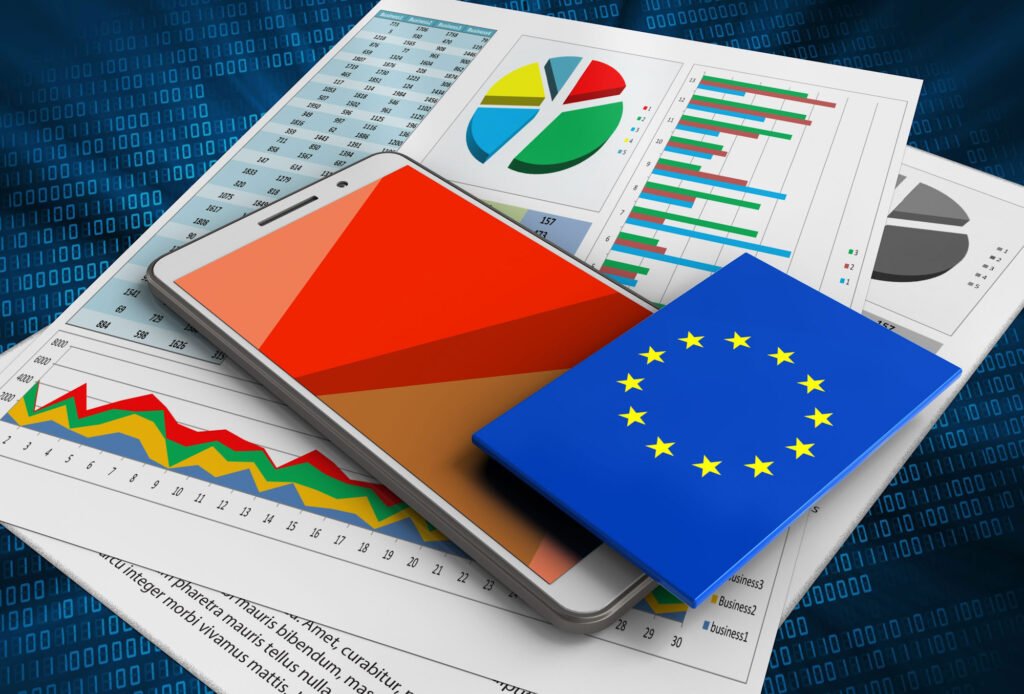
If you run a business, company or organisation in the European Union (EU) and employ staff — and you don’t want to be end up in court or be sued any time soon — then you have no choice but to track the time your employees work, courtesy of the Working Time Directive.
The Directive has been in place for quite some time — since 2003 to be exact — but the extent of its power was seen in a recent judgement against a German Bank in the European Court of Justice in Luxembourg, instigated by a Spanish trade union. The crux of the matter is that the German bank wasn’t keeping records of its Spanish employees’ overtime — not all, but some. But it was enough to be an issue and force legal action. With no working hours tracked, there was no record of compliance, and the trade union had enough evidence — or not, as the case may be — to bring the issue before a judge.
The upshot of all of this, in the EU anyway, is that employees must have their working hours — and breaks — monitored.
While this might sound restrictive, draconian and straight out of a George Orwell novel (Big Brother, anyone?), it’s actually the opposite. The Directive has been designed as a suite of measures to protect workers, ensure they are not being exploited and that their rights are protected.
To cut a long story short, complying with the Directive (and not being sued by your employees or fined by the government for compliance breaches) means you have to:
- Make sure your staff don’t work more than 48 hours per week, and including overtime (which you can’t force your staff to do)
- Get lots of rest between work days — 11 hours to be precise
- Take breaks every six hours — at least 15 minutes, but breaks aren’t included in the total weekly working time of 48 hours
- Factor in four weeks of annual leave for each employee
- Ensure night workers don’t have shifts longer than eight hours in a 24 hour period.
You can find out more information about the Working Time Directive here.
Workers in Europe already have some of the best working conditions in the world and these laws are designed to cement the EU as a “great place to work”. Working hours in the EU are already low when compared to global counterparts, and — surprise, surprise! — this doesn’t affect productivity. In fact, the EU busts myths around output, proving that long hours do not equal productivity. Quite the opposite in fact.
And it’s this approach to productivity that the EU wants to safeguard, along with fair and just working conditions. Study after study has shown that long working hours are not good for your health. If you’re spending 10 hours or more in the office, you have almost zero time for looking after your health and well-being. And this is highly likely to increase stress and depression, not to mention burnout. Long office hours also mean that your nutrition probably isn’t the best either, with take-out and frozen meals being the convenient option.
So how can time tracking software help businesses comply with the Directive? Isn’t using a free Mac time tracker similar to being watched by Big Brother? How can you convince your staff that it’s not spying software that’s being installed on their machines? Isn’t the next step the erosion of all our rights to privacy?
Well, no.

Take an app like Traqq. Traqq has built-in safeguards to protect your employees’ privacy, so you don’t have to worry that your workplace will end up like an episode of Black Mirror (which usually never ends well). So let’s break it down so you — and your staff — can rest assured that your employee monitoring software uses ethical time tracking. And especially since the COVID-19 pandemic, time tracking apps can and should be factored into your remote work toolkit, where offices were closed and employees worked off-site.
1) Working Time Directive aside, why would anyone want to use employee monitoring software?
We’re glad you asked, because the number one benefit is that monitoring time gives you visibility over where you (and your staff) spend your time. What gets measured gets managed, right? Via comprehensive reports, you can see how long you spend working on specific tasks versus break time — necessary (of course) if you are working in Europe and want to comply with the Directive. And if you want to ramp up your productivity or level up your focus, you need to know where to put your energy, and what’s taking up your time. Data is the question and the answer!
2) Are time tracking apps ethical?
The short answer is yes, but it really does depend on the app. Your staff can rest assured that Traqq, for example, does not spy on their online activities. Any screen shots that are collected are blurred and compressed so that personal information — private messages, passwords, phone numbers and addresses aren’t visible. And total control is with person being monitored. They can delete anything at any time. Phew! Remember that employee monitoring is all about collecting data to ensure your business runs at an optimum level and resources aren’t wasted.
3) So employee privacy is guaranteed?
Privacy is a hot topic and rightly so. The Facebook/Cambridge Analytica debacle has highlighted the importance of ensuring personal data is not misused for nefarious purposes. Again, it depends on the app. Traqq allows you to monitor the activities of your employee while safeguarding their privacy. No one wants to work in an organisation where their data is not used for the purpose that it was intended. Plus it’s illegal in many countries around the world (although some countries do it better than others.)
4) How is the employees’ data safeguarded?
All data is stored in the cloud using AES-256 encryption, which is used by the United States National Security Agency (NSA) to protect top secret information (whistle blowers aside, of course). Before being written to disc, an individual’s data (which they own) is automatically encrypted — and can only be accessed by that person. The internet connection to upload the data is encrypted by HTTPS and Transport Layer Security (TLS). In 2020, data protection doesn’t get any more secure than this.
5) What if my staff still think we’re installing spying software?
It’s up to you to put a clear, compelling and consistent communique out to your employees. Messaging should focus on the benefits and address concerns openly and honestly, which is, you know, the basis of a positive working culture. If you are considering introducing an app like Traqq, you really should approach it as a change project. Talk to your staff — and talk often. There is nothing worse than forcing an initiative on employees. And remember: there is no such thing as too much communication in business.
Where to from here?
It’s likely that more and more countries will adopt the time tracking mandate of the European Union. Overall, it’s a good thing because it really is making sure that workers’ health and well-being is paramount and that they are not being exploited. It protects employers too, because when you use an app like Traqq you can easily prove that you are complying with the law.
And that makes good business sense.
Try Traqq today. It’s a suite of productivity tools that includes reports, time sheets and invoicing and best of all it’s free to register! You’ll be pleasantly surprised how efficient it is to use and how easily you can integrate it into your business

